The answer to your question obviously depends on the target taxonomy you are trying to map your terms into. Once you have decided on this you need to figure out how fine-grained the concepts should be. WordNet, as it has been suggested in other responses, will give you synsets, i.e. sets of terms which are more or less synonymous but which you will have to map to concepts like 'Web Design' or 'World News' by some other mechanism since these are not encoded in WordNet. If you're aiming at a very broad semantic categorization, you could use WordNet's higher-level concept nodes which differentiate, e.g. (going up the hierarchy) human from animal, animates from plants, substances from solids, concrete from abstract things, etc.
Another kind-of-taxonomy which may be quite useful to you is the Wikipedia category system. This is not just a spontaneous idea I just came up with, but there has been a lot of work on deriving real ontologies from Wikipedia categories. Take a look at the Java Wikipedia Library - the idea would be to find a wikipedia article for the term in question (e.g. 'css3'), extract the categories this article belongs to, and pick the best ones with respect to some criterion (i.e. 'programming', 'technology', and 'web-development'). Depending on what you're trying to do this last step (choosing the best of several given categories) may or may not be difficult.
See here for a list of other ontologies / knowledge bases you could use.
